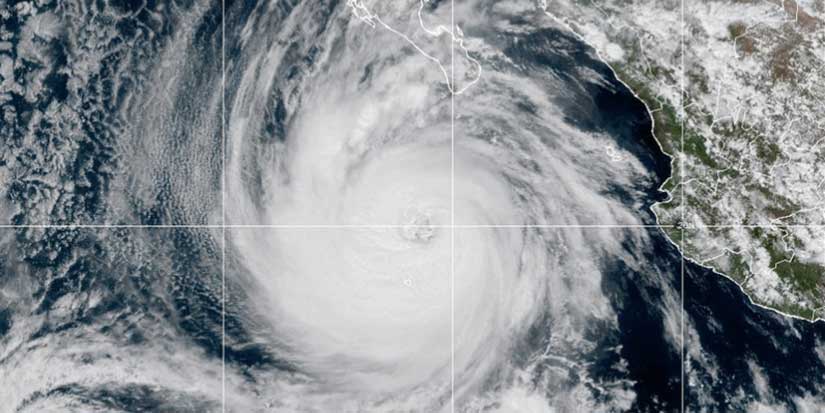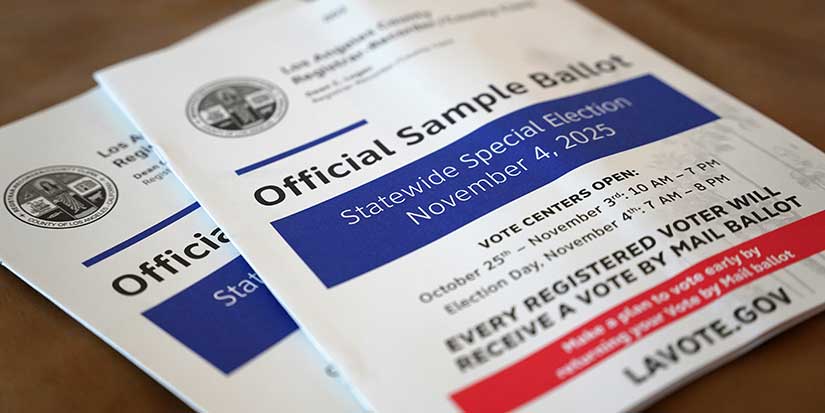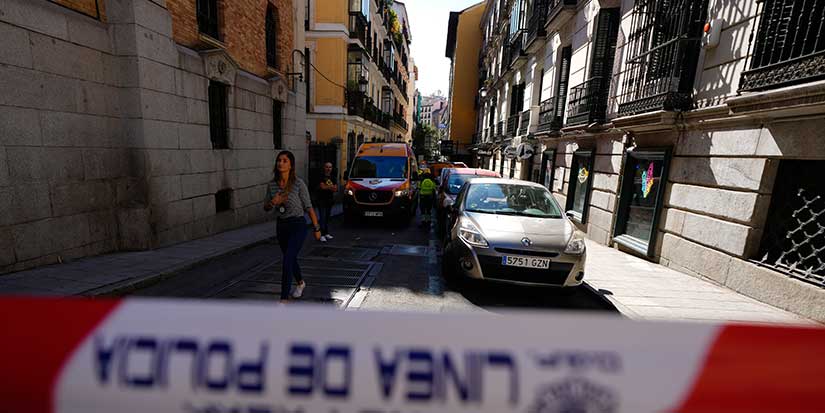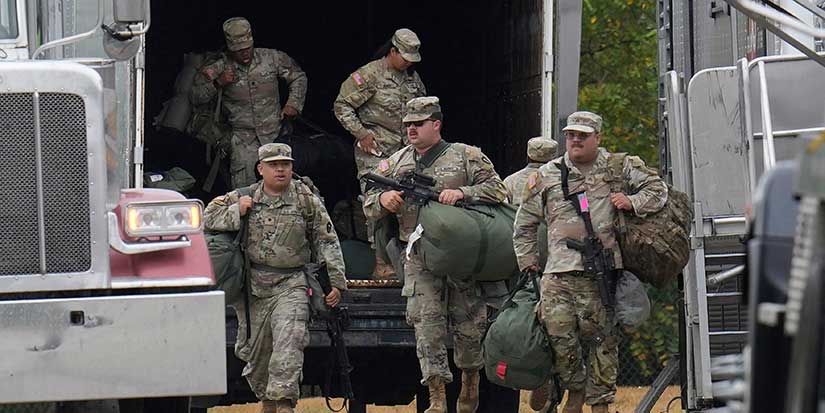National News
'Love my job': Alberta teachers look to make ends meet in provincewide strike
Published 12:39 PDT, Tue October 7, 2025
Last Updated: 2:41 PDT, Tue October 7, 2025
—
If Adrien Dominguez were teaching this week, he'd be introducing physics to a class of 38 high school students.
Instead, the math and science teacher from High Prairie, northwest of Edmonton, is at home trying to figure out how he'll keep paying his bills.
A provincewide strike that started Monday with Dominguez and about 51,000 of his colleagues means many are trying to figure out how they'll make ends meet without a regular paycheque.
"I know co-workers who lost dual incomes because they're both teachers," Dominguez said.
Some teacher friends are looking at going back to waitressing, bartending and working retail, he added.
"Depending how long it goes," Dominguez said, "I may (resort) to going back to doing photography, marketing and university tutoring."
The job action by teachers follows a long and nasty standoff between the Alberta Teachers' Association and the provincial government, mainly over wages and working conditions.
The government's latest offer, rejected in a vote by teachers, included a 12 per cent wage increase over four years and hiring 3,000 more teachers to reduce overcrowded classrooms.
Premier Danielle Smith has said the government's offer is fair and it's willing to return to the bargaining table.
The strike affects more than 740,000 students across 2,500 public, separate and francophone schools. A labour expert said the size of the walkout makes it the largest in provincial history.
Union president Jason Schilling has said members won't receive strike pay, but health benefits will be covered.
"Teachers know that they're not receiving strike pay," he said. "They didn't take this decision lightly ... and they're willing to sacrifice some things."
Dominguez said he has a reserve fund saved up for such emergencies, but it won't last long.
John Varga is in a similar boat. He and his wife, both teachers in Calgary, have torn through their garage to pull old bicycles from storage so they can sell them for extra cash.
“It's going to be a tight month,” he said.
Varga, who teaches computer science, physics and social studies, said teaching is hard and it's only getting harder. One of his classes has 40 students with a variety of learning disabilities, from ADHD to limited language skills.
Sometimes top students help their peers because he can't get to them, he said. The closest thing he can compare it to is a children's birthday party.
"Imagine that every day," he said. "And then you actually try to do that and teach them something that they may not necessarily see the value in."
Amy Bartlett is under further pressure.
The special education teacher in Grande Prairie, Alta., who's hoping to do some hunting and sell animal skulls for display, said she can't get another job without securing child care for her two school-aged children.
To make matters worse, her husband is being laid off next week from his job in the oilpatch.
"I'm just going to open my arms to any opportunity," she said. "I need to help pay my bills."
Bartlett, who has been teaching for four years, said the job is taxing. With all 21 of her students having mild to moderate learning disabilities, helping them learn is a struggle — even with three educational assistants in the classroom.
And they still fall through the cracks, she said.
But teaching is her passion, Bartlett said, and she doesn't necessarily want to do anything else.
"I love my job," she said. "I love that I go to work and I come home every day knowing that I made a difference in someone's life.
"But at some points, I have walked in and said, 'If I continue to do this, I'm going to crash.'"
She challenged those in the government to sit in her classroom for a day.
"If they actually put themselves in the shoes of a student who's striving to become their best self, they'll realize that something needs to change."
– Aaron Sousa, The Canadian Pres
With files from Fakiha Baig and Lisa Johnson in Edmonton.































